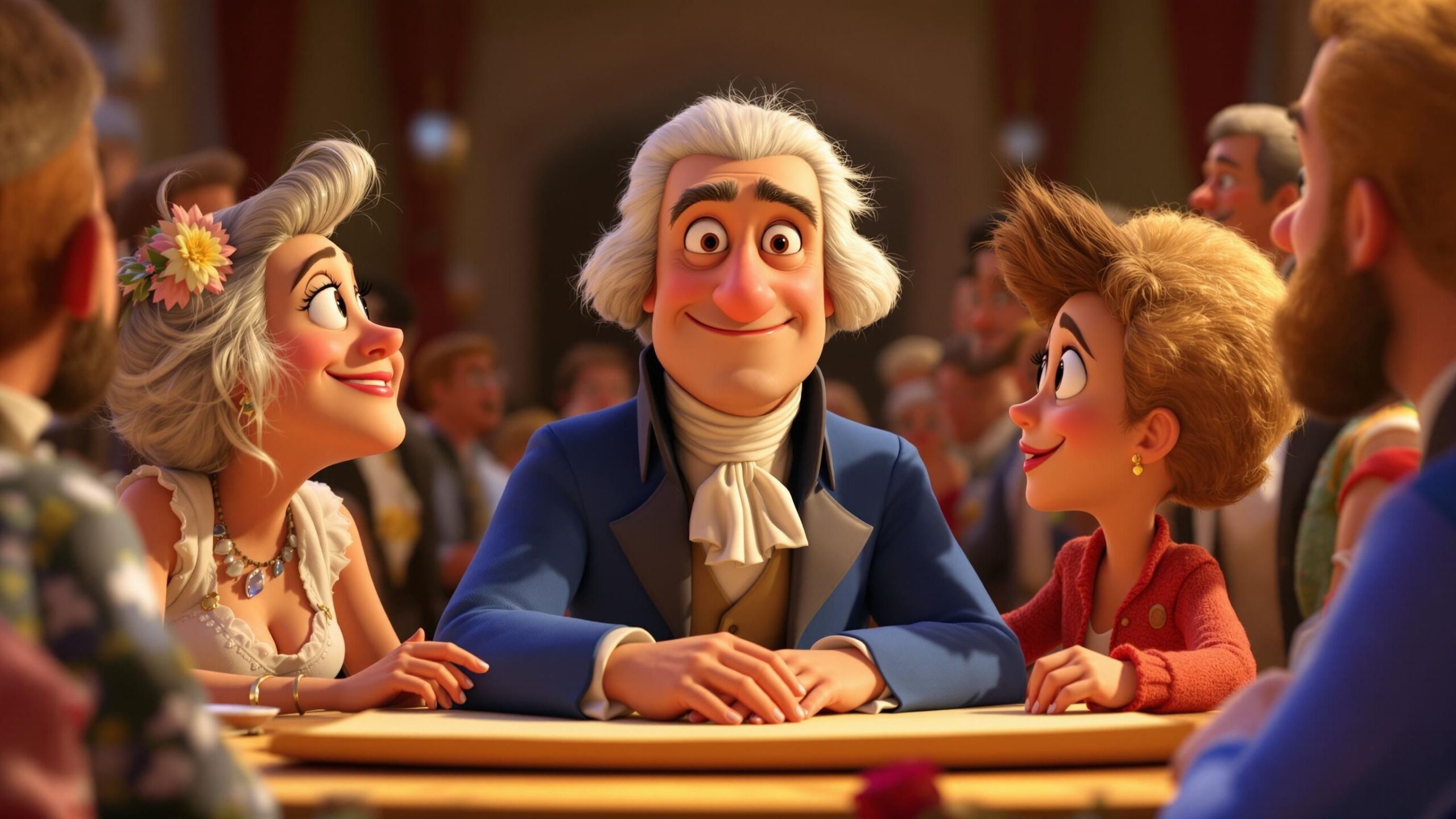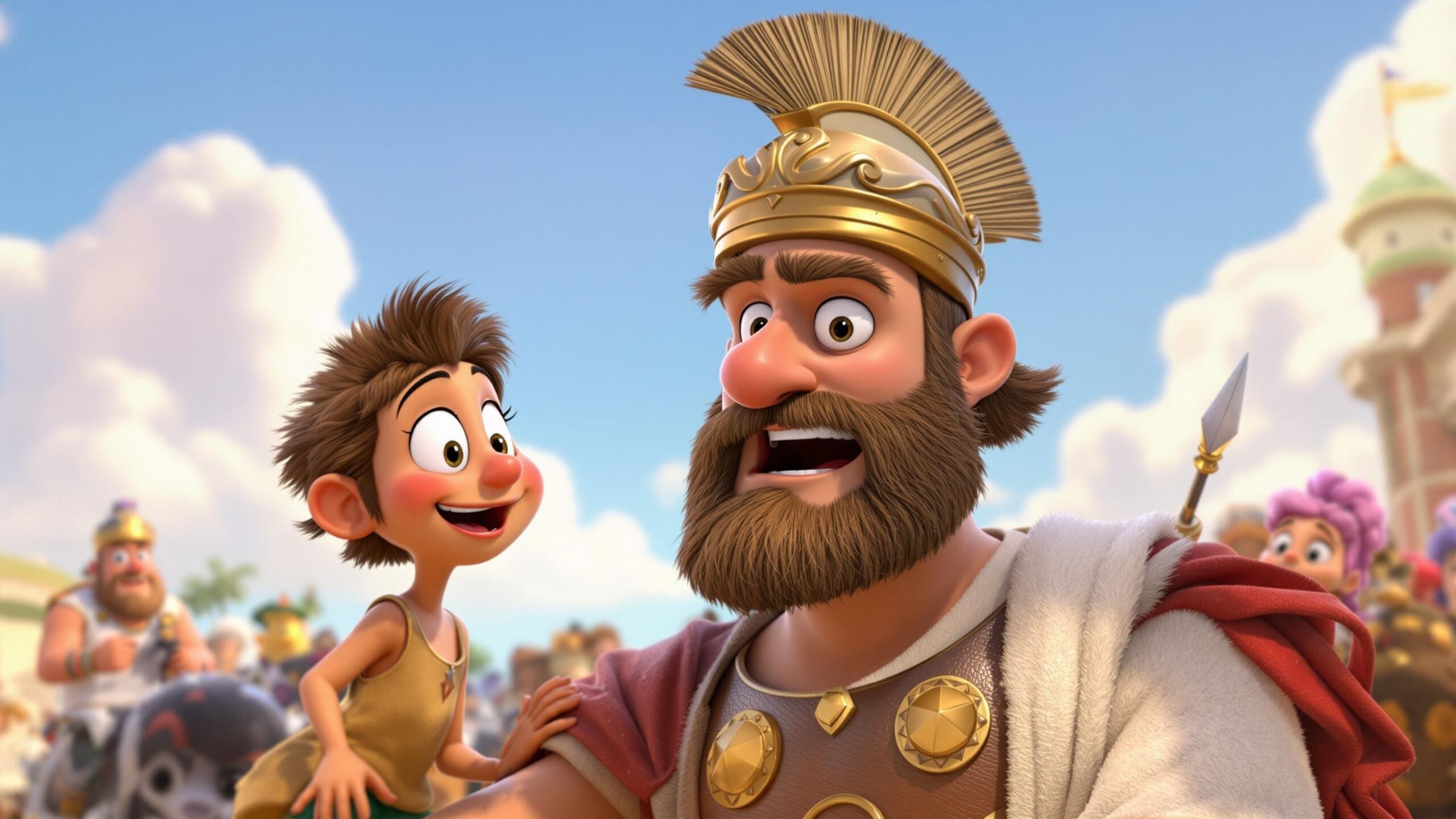A Pen Mightier Than a Musket
He was tall, red-haired, and soft-spoken—a scholar in a world of swords, a thinker in an age of upheaval. While others were rallying militias and storming forts, Thomas Jefferson was busy writing words that would outlast cannon fire. His weapon wasn’t gunpowder—it was prose. And with a quill in hand, he crafted the most electrifying declaration the world had ever seen. Jefferson didn’t just help birth a nation—he shaped its soul. The Declaration of Independence wasn’t merely a list of grievances or a fancy breakup letter to King George III. It was a manifesto of human rights. A thunderclap of liberty. A philosophical line in the sand that dared to redefine what it meant to be free. But how did one man, cloaked in intellect and introversion, come to write the most revolutionary document in American history? To understand that, we must dig into the mind, the moment, and the magic of Thomas Jefferson.
The Young Philosopher of Virginia
Born in 1743 in Shadwell, Virginia, Jefferson was a prodigy from the start. He devoured books, mastered languages, played the violin, and studied everything from architecture to astronomy. By the time most young men were fumbling their way through careers, Jefferson was already a lawyer, a member of the Virginia House of Burgesses, and a force of quiet brilliance. He believed in reason above rhetoric, in enlightenment over extremism. While many around him were bellowing about revolution, Jefferson was reading John Locke and Montesquieu, dissecting ideas about natural law, liberty, and government by consent. He didn’t crave war—he craved justice. And when the colonies reached a boiling point, Jefferson had the blueprint ready in his mind.
The Committee of Five and the Weight of the Word
In June 1776, as tensions with Britain reached a climax, the Continental Congress appointed a Committee of Five to draft a declaration: John Adams, Benjamin Franklin, Roger Sherman, Robert Livingston, and Thomas Jefferson. Though the others were older and more seasoned, all eyes turned to Jefferson. Why him? Because even John Adams, the fiery bulldog of the revolution, said it best: “You can write ten times better than I can.” So Jefferson got to work, holed up in a boarding house in Philadelphia with his books, his thoughts, and a thunderstorm of ideas. The world outside was buzzing with rebellion. Inside, Jefferson’s candle burned late into the night, as he hammered philosophy into poetry. The words came fast—and in less than three weeks, the first draft was complete.
“We Hold These Truths to Be Self-Evident”
In that one sentence, Jefferson bottled the essence of revolution. Not just a political one, but a moral one. He didn’t just say freedom was preferable—he declared it self-evident. He didn’t say people might be equal—he declared they were created equal. These weren’t statements—they were stakes in the ground, universal truths forged in ink. What made Jefferson’s draft so powerful wasn’t just the logic—it was the lyricism. He wrote with a balance of fire and finesse. He didn’t shout—he stirred. His words didn’t just challenge a king—they ignited a people. With each sentence, he laid the foundation for a new world, one built on consent, courage, and the conviction that rights weren’t granted by rulers but endowed by the Creator. And all this from a man who preferred books to battles, solitude to spotlight.
The Art of Revolutionary Writing
Jefferson was a master of the long game. He knew that declarations aren’t just about the moment—they’re about legacy. His genius lay in making the document both timely and timeless. He wrote not just for Congress, but for future generations. He crafted lines that would echo through courts, campaigns, and classrooms. Even his list of grievances against King George III was methodically structured. It wasn’t a rant—it was a legal argument. He documented abuses with clarity and force, making a case not for rebellion, but for justified independence. And yet, when Congress received the draft, they did what all committees do—they edited it. They removed about a quarter of the original text, including Jefferson’s bold condemnation of slavery as a moral evil. It stung. Jefferson later wrote about his frustration, but he didn’t fight it. He understood the politics of unity and the weight of compromise. Even in disagreement, he chose the cause over his ego.
The Mind Behind the Message
What truly made Jefferson exceptional wasn’t just his intellect—it was his ability to translate deep philosophy into everyday revolution. He could take abstract ideals and shape them into sentences that stirred farmers, merchants, and philosophers alike. He had a scientist’s curiosity, a poet’s soul, and a statesman’s precision. He believed in democracy not as a vague dream, but as a structured, reasoned necessity. And through his pen, he made others believe too. Even after the Declaration was signed, Jefferson remained consumed with ideas—on education, religious freedom, governance, and innovation. He never stopped learning, never stopped building, never stopped dreaming. He once said, “I cannot live without books.” But the truth is, the world could not have moved forward without his.
A Founding Father with a Vision for the Future
After the revolution, Jefferson’s journey was far from over. He served as ambassador to France, where he observed the early tremors of another revolution. He returned home to become the nation’s first Secretary of State, then Vice President, and finally, the third President of the United States. As president, he doubled the size of the country with the Louisiana Purchase, sent Lewis and Clark to explore the vast frontier, and championed civil liberties and limited government. His leadership was guided by the same principles he penned in 1776—freedom, self-governance, and progress through knowledge. But Jefferson’s vision extended far beyond his presidency. He founded the University of Virginia, designed buildings, collected fossils, and corresponded with thinkers around the globe. His mind was a whirlwind of invention, exploration, and refinement. To Jefferson, leadership wasn’t about holding power—it was about cultivating enlightenment.
The Paradox of the Pen
And yet, Jefferson’s story isn’t without contradictions. The man who wrote that all men are created equal owned hundreds of slaves. The philosopher of liberty struggled with the moral implications of the very system he benefited from. These contradictions challenge us—but they also humanize him. Jefferson wasn’t a perfect man. He was a man of his time who reached beyond it. He lived with paradox, wrestled with hypocrisy, and sometimes fell short of his own ideals. But his words—his thunderous, defiant, revolutionary words—rose higher than his flaws. The Declaration of Independence became a living document not because Jefferson was flawless, but because the ideas within it were fearless. Over the centuries, those words would be used by abolitionists, suffragists, civil rights leaders, and anyone daring to claim their right to be free. Jefferson lit the match—and generations have carried the flame.
The Legacy of a Penstroke
On July 4, 1826—fifty years to the day after the signing of the Declaration—Thomas Jefferson died. In an eerie twist of fate, John Adams died just hours later. Two of the Declaration’s architects, gone on the same day America celebrated its birth. Jefferson’s epitaph, which he wrote himself, didn’t mention the presidency. It read: “Author of the Declaration of American Independence, of the Statute of Virginia for religious freedom, and Father of the University of Virginia.” He wanted to be remembered not for power, but for principles. Not for titles, but for truth. His real genius wasn’t just the Declaration—it was the belief that people, when given liberty and knowledge, could shape a better world. That governments existed to serve, not to rule. That freedom wasn’t granted by birth—but earned by belief.
The Genius That Changed the Game
Thomas Jefferson didn’t ride into battle, but he changed the course of one. He didn’t conquer with armies, but with ideas. He gave shape to freedom and language to revolution. He wrote the words that built a nation and echoed across the world. The genius behind the Declaration of Independence wasn’t loud. He didn’t need to be. His words spoke—and still speak—for themselves. They remind us that the pursuit of happiness is not a cliché, but a cause. That liberty is not guaranteed—it must be defended, understood, and renewed. That even in our contradictions, we can reach for higher ideals. Thomas Jefferson showed us that sometimes, the boldest act of revolution is simply picking up a pen and telling the truth. And in doing so, he didn’t just help create a country. He helped create a conscience.




